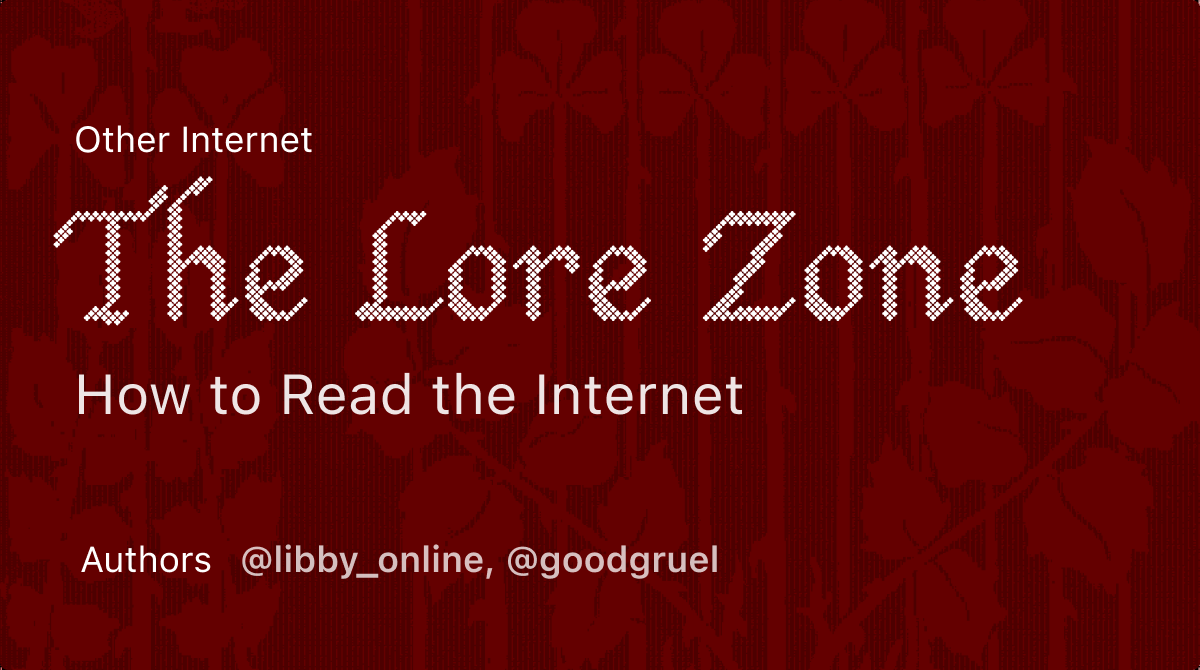
I think that perhaps we can make information by traveling through communication. But, for me, the whole area has no symbolism, no symbolic intensity: it is such a technical abstraction. Communication is technical – it’s not change. Change is perhaps something else psychologically, symbolically and so on. The concept of communication is sustained, generated by technology, so really with the Internet we attain the highest limits of communication. But what I would ask is, ‘Who is it that communicates?’ Who is it? There is one terminal and then another. There are two terminals, two specific areas of abstraction which change the information. But also, all the personality changes, in fact all the charm, all these things disappear inside it. Communication is something which is factual and also artificial. In my opinion it lifts you slightly out of simulation. You are really in the field of dissimulation. But my opinion after the last time I used the Internet is that it is not really a place which opens up communication, an area of discovery. But I’ve not really had the experience, I’m not on the Internet and I don’t make any use of it. However, I think it is a very powerful means of disappearance. The network is a place for disappearance and communication, data processing, cybernetics. It is the art of disappearance. What I mean is that you can immerse yourself in the machine; digitalised, virtual reality. You can immerse yourself in it and disappear completely. There are the problems of freedom, subjectivity and many others. This is something which goes round and round and round, but that’s a point of view which is a little bit negative. That’s true but I have the feeling that there is at least the fantasy of communicating. It is impossible to think that it might be possible to communicate all over the world with everyone at whatever moment in ‘real time’ in virtual reality . . . all that is too much. That’s another utopia, a utopia which has been realised. But the danger is that utopia should not be realised because when that happens it’s finished. So everyone is going to vanish into thin air on the network, but what goes on inside it? Who talks to whom? I don’t feel it is a place where real events happen. It’s not an original place. I’d really like the Internet to be a revolution, but it’s a revolution that makes us go further into The Perfect Crime. For me it’s one of the elements of The Perfect Crime. | Jean Baudrillard, From Hyperreality to Disappearance


Visakan Veerasamy and added
alex and added
“Embedded in the surrealistic frame of a television news show is a theory of anticommunication, featuring a type of discourse that abandons logic, reason, sequence, and rules of contradiction. In aesthetics, I believe the name given to this theory is Dadaism; in philosophy, nihilism; in psychiatry, schizophrenia. In the parlance of the theater, it
... See moreJeff Jarvis • The Gutenberg Parenthesis: The Age of Print and Its Lessons for the Age of the Internet
home than elsewhere, increasing efficiency of communication and of controlling human behavior can, instead of liberating us into the air like birds, fix us to the ground like toadstools. All information will come in by super-realistic television and other electronic devices as yet in the planning stage or barely imagined. In one way this will enabl
... See moreAlan Watts • The Book: On the Taboo Against Knowing Who You Are
With TV, we at least understood ourselves to be passive observers of the screen, but the interactive nature of the internet fostered the illusion that message boards, Discord servers, and Twitter feeds are digital “places” where we can in fact hang out. If nothing else, this is a trick that gets us to stick around longer. A better analogy for onlin
... See moreDrew Austin • It's Time to Lie Down and Be Counted
alexi gunner added

sari added
L. M. Sacasas • Your Attention Is Not a Resource
Alex Wittenberg added
Noema • All That Is Solid Melts Into Information
Keely Adler added